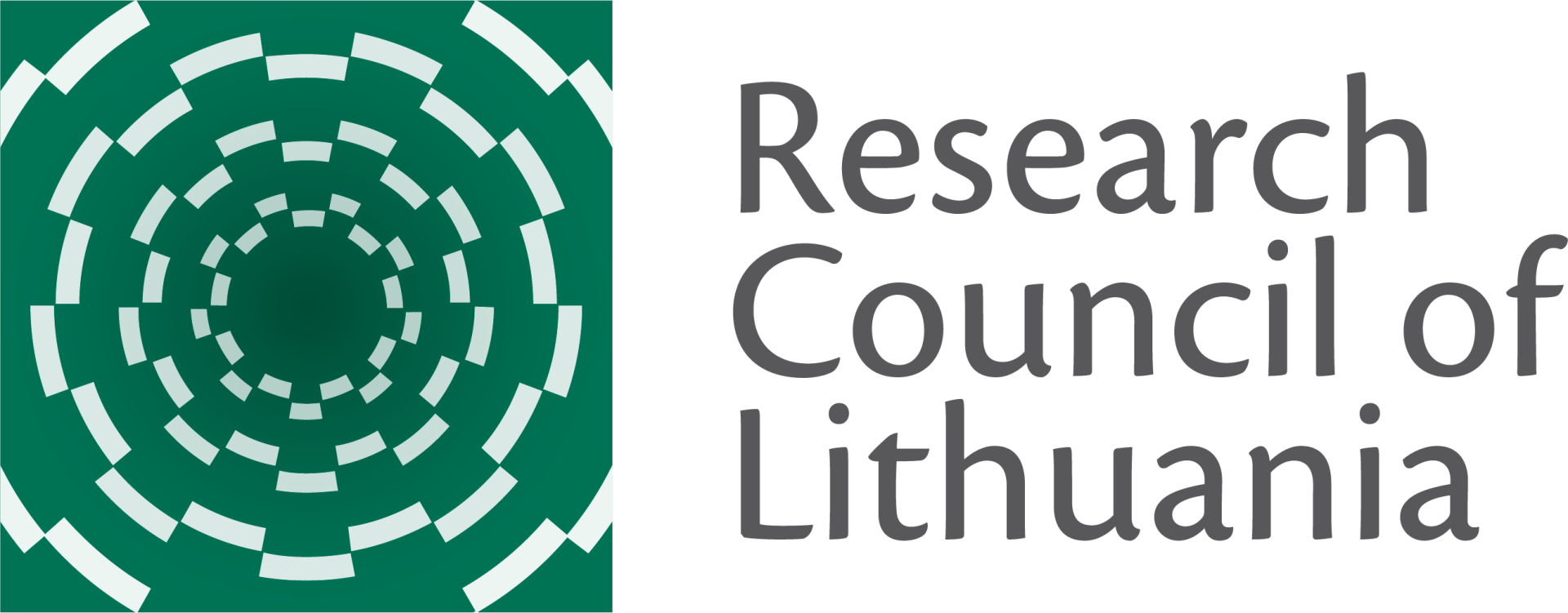Project idea
This research will analyse and compare the differences in voting outcomes between the diaspora and 'home' voters in post-communist European countries. The study will contribute to the latest wave of academic research on migrant voting, which focuses on external voting trends: voting results, turnout and intentions to vote. The former post-communist bloc countries that joined the European Union in 2004 are particularly relevant for such a study. These countries in Northern, Central and Eastern Europe have seen a significant number of their populations emigrate to the West since joining the EU, forming large diaspora communities of voters who cast their votes in the elections held in their homeland. The research focuses on two pairs of countries – 1) Lithuania and Latvia, and 2) Poland and the Czech Republic – and the differences in diaspora voting in these pairs. A comparative approach, complemented by a process tracing methodology, will be used to seek answers as to why geographically, demographically and historically similar countries experience different patterns of diaspora voting. In Lithuania, the gap between Lithuanian 'home' and diaspora voting results remains consistently high, while in Latvia, by contrast, the difference between the 'home' and the diaspora vote is low but has increased in recent years. In Poland, on the other hand, the gap between diaspora and 'home' voters has been narrowing since the accession to the EU and only recently has been widening again, while in the Czech Republic, on the contrary, the difference between voting abroad and at home has been growing every year since the accession to the EU. The research aims to explore the reasons behind the similarities/disparities of voting results in the two country pairs and the factors that determine the differences between the countries' situations.








